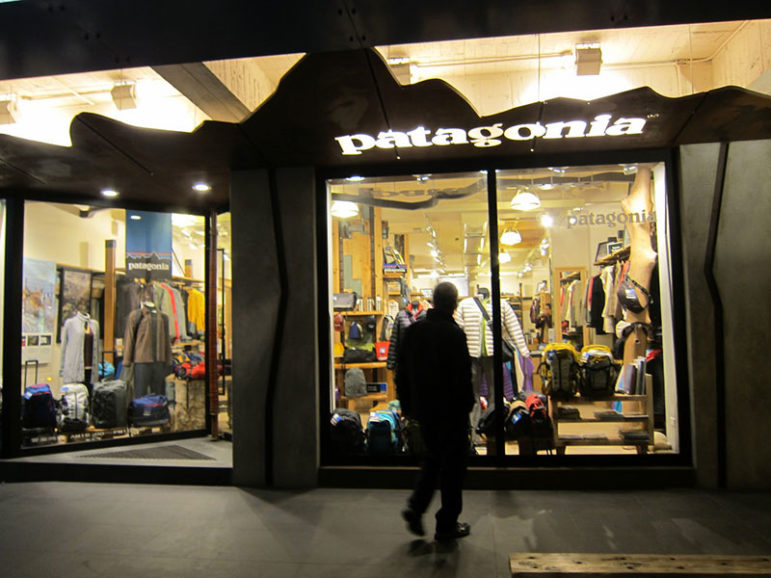
September 23, 2016; Sustainable Brands
As early voting begins across the country, it’s not just grassroots organizers who are eager to get out the vote. Companies like Patagonia and Airbnb are reminding customers to exercise their rights on Election Day.
The companies’ efforts—and dollars—are part of a tide that continues to erode what was once tried-and-true nonprofit territory. While benefit corporation Patagonia is contributing $200,000 to nonprofit advocacy groups NextGen Climate and HeadCount, the “activist company” is also hosting educational events in its apparel stores and running a “Vote Our Planet” campaign online, according to Sustainable Brands.
“We are very concerned that the ugliness and the divisiveness of this election has left voters feeling disenfranchised with politics, and they might sit this one out,” Patagonia’s vice president of environmental activism Lisa Pike Sheehy told The Huffington Post in a phone interview. “It’s imperative that this doesn’t happen.”
The apparel company has funded get-out-the-vote campaigns in both midterm and general elections since 2004, but the $1 million investment in this year’s “Vote Our Planet“ campaign is its largest yet. Patagonia has refused to support either presidential candidate and insists that the campaign is nonpartisan.
While companies once saw registering voters as too political, those views may be changing just as federal lobbying increases, according to an article in The Hill. Airbnb encouraged its users to celebrate the anniversary of the Voting Rights Act by registering to vote, and nonprofit Rock the Vote has partnered with Doritos, Microsoft and Twitter.
Sign up for our free newsletters
Subscribe to NPQ's newsletters to have our top stories delivered directly to your inbox.
By signing up, you agree to our privacy policy and terms of use, and to receive messages from NPQ and our partners.
Major technology companies spend handily on advocating for favorable policies around the country. Google’s parent, Alphabet, spent more than $16 million last year on federal lobbying and Facebook spent almost $10 million, according to data compiled by the Center for Responsive Politics.
Companies have similarly become more comfortable with civic engagement. Google launched an application programming interface with information on elections and government ahead of the 2012 election and Facebook has for years reminded users to vote at the top of their News Feeds.
Are the companies altruistic or opportunistic? Several people interviewed by The Hill rejected the idea that tech companies’ voter engagement efforts were simply motivated by their own political goals. In fact, some nonprofit partners are happy to have the help.
Jen Tolentino, who leads Rock The Vote’s technology efforts, said that their intent wasn’t to help those companies mobilize voters for their own political fights.
“I’ve been doing this for twelve years, it’s never happened,” said Maria Teresa Kumar, the president of Voto Latino, about corporations aggressively looking to partner with her group. “I usually have to knock on the door and make the case.”
At a time when the nation’s electorate has never been more diverse, minorities still have relatively low turnout rates. The upcoming election reminds us that nonprofits ought to encourage their stakeholders to “vote their mission.” As Rick Cohen put it so succinctly: “How will you express your beliefs in the voting booth?”—Anna Berry












